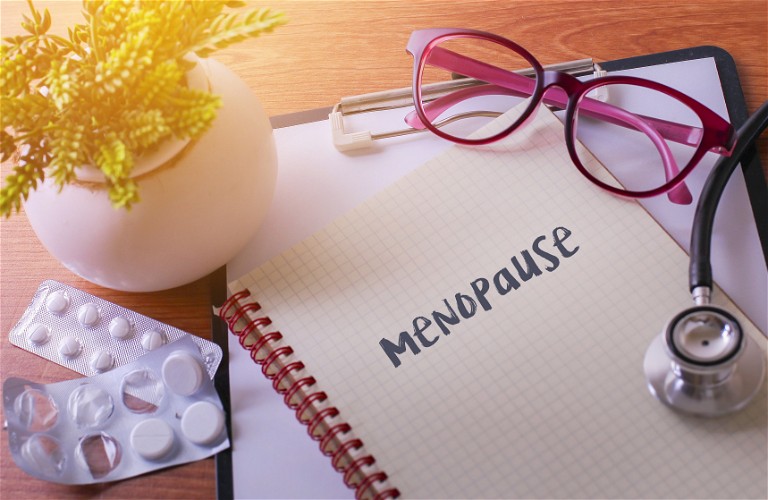Feature
Menopause legislation, charities and support
Pharmafocus' Betsy Goodfellow explores the range of legislation, charities and support available for women going through menopause

Many women struggle with their symptoms during menopause. It is estimated that three in five menopausal women have been negatively impacted at work, with many women leaving their jobs due to symptoms that are not sustainable in a work environment. 1As a result, there have been various calls for further legislation to protect menopausal women from discrimination in the workplace.
Under the Equality Act 2010, age, sex and disability are all protected characteristics, which largely covers the menopause. Calls to add the menopause as a separate protected characteristic were rejected by the UK government on the grounds that this could lead to discrimination against men, with calls for a pilot programme for menopause leave also being rejected on the same grounds.2
The Health and Safety at Work Act 1974 also extends to working while experiencing symptoms of menopause, however many still want an extension to legislation requiring employers to implement a workplace menopause policy.1
While legislation remains unchanged, there are various charities offering support for women struggling with menopause. These include The Menopause Charity and the British Menopause Society, both of which aim to educate healthcare professionals and employers about menopause.3,4
On its website, The Menopause Charity states that it ‘works to help everyone understand perimenopause and menopause, […] help educate healthcare professionals and employers in the menopause, […] and provide inclusive, fact-based information, advice and support’.3
The British Menopause Society focuses more on education for healthcare professionals, providing information and raising awareness.4
The NHS also provides help and support for
women in need of direct assistance with their symptoms.5The health service can provide access to nurses and GPs, as well as counselling or cognitive behavioural therapy to help with mental health symptoms. It can also put patients in touch with menopause specialists and charities that can offer information and support.